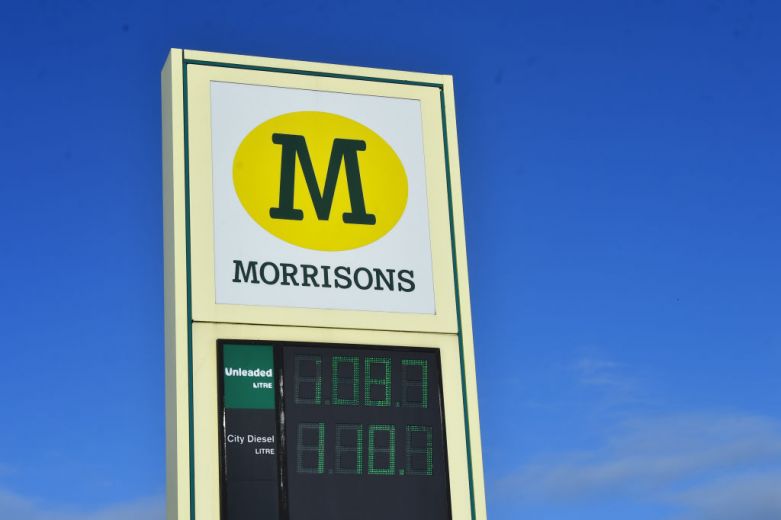Earlier this year, the CMA opened its investigation into Clayton, Dubilier & Rice Holdings LLC’s (CD&R) £7.1 billion purchase of Morrisons - and this week they have revealed that there are competition concerns around the impact it could have on the price of fuel for UK motorists.
CD&R is the owner of the Motor Fuel Group (MFG), the largest independent operator of petrol stations in the United Kingdom. MFG operates 921 petrol stations across England, Scotland and Wales under a number of different brands, such as Esso, BP, Shell, Texaco, Jet and Murco.
While Morrisons is predominantly a groceries retailer, it operates 339 petrol stations, the vast majority of which are located at its supermarkets across the UK.
During its investigation, the CMA has found that the deal raises competition concerns in relation to the supply of petrol and diesel in 121 local areas across England, Scotland and Wales. These are all areas in which MFG and Morrisons both have petrol forecourts and would face only limited competition after the merger, meaning that the deal could lead to an increase in prices.
RAC Fuel Watch - petrol and diesel prices in the UK
RAC reaction to Spring Statement announcement that fuel duty will be cut
CD&R have until March 29th to respond to the CMA's findings. Should they respond, the CMA would need to launch a second investigation into the acquisition.
Colin Raftery, Senior Director of Mergers at the CMA, commented: "Prices for petrol and diesel have recently hit record highs, which makes it even more important that we don’t allow a lack of competition at the pump to make the situation worse. We’re concerned that this deal could lead to higher prices for motorists in some parts of the country. But if CD&R and Morrisons are able to address these concerns, then we won’t need to move on to an in-depth investigation of the merger."
Although the purchase was agreed in October last year, the supermarket chain has had to continue operating as a separate entity until the conclusion of the CMA's process.
Read: Over half a million cars incompatible with new ‘greener’ fuel

RAC sale – up to 33% off*
• Roadside cover from £5.29 a month†
• We get to most breakdowns in 60 mins or less
• Our patrols fix 4/5 breakdowns on the spot









